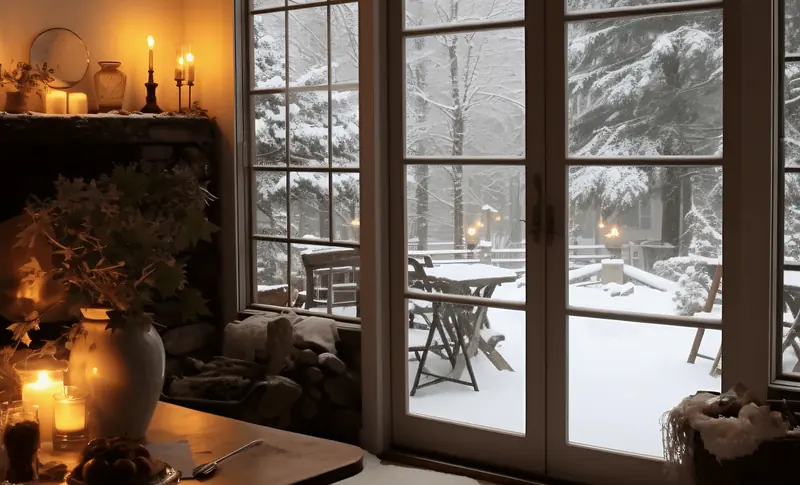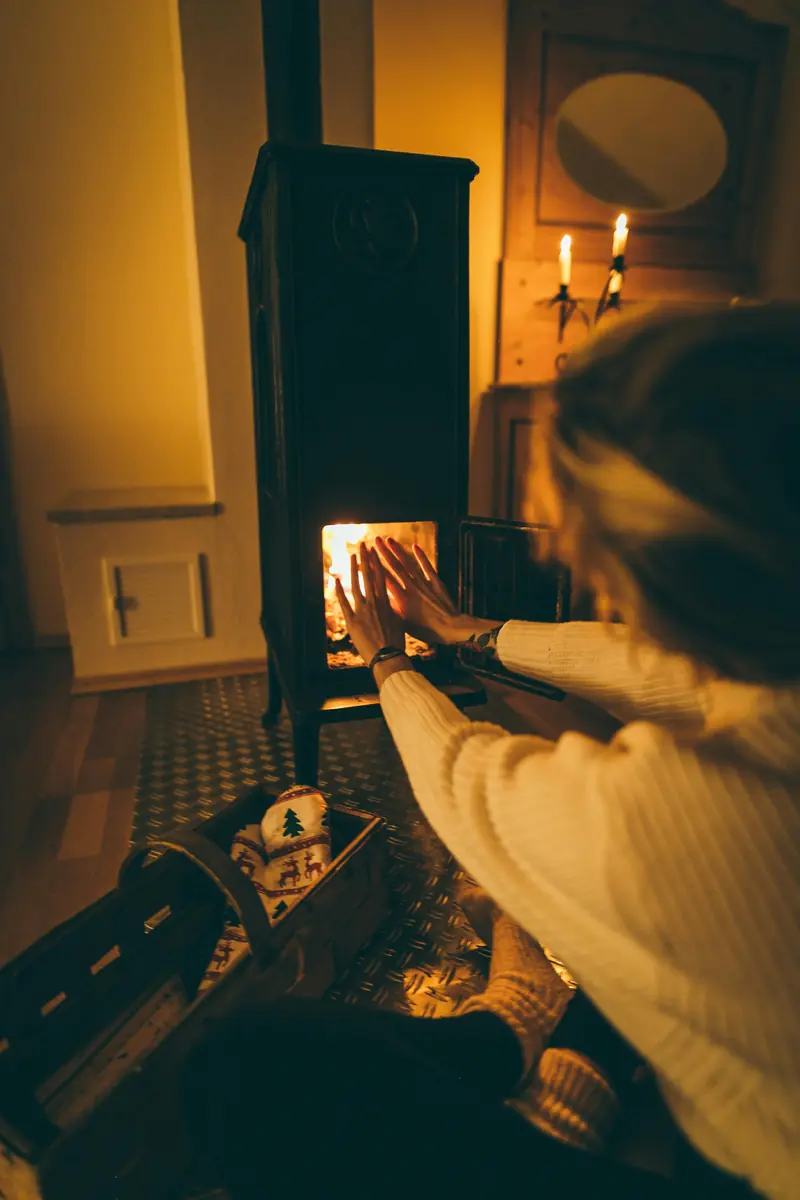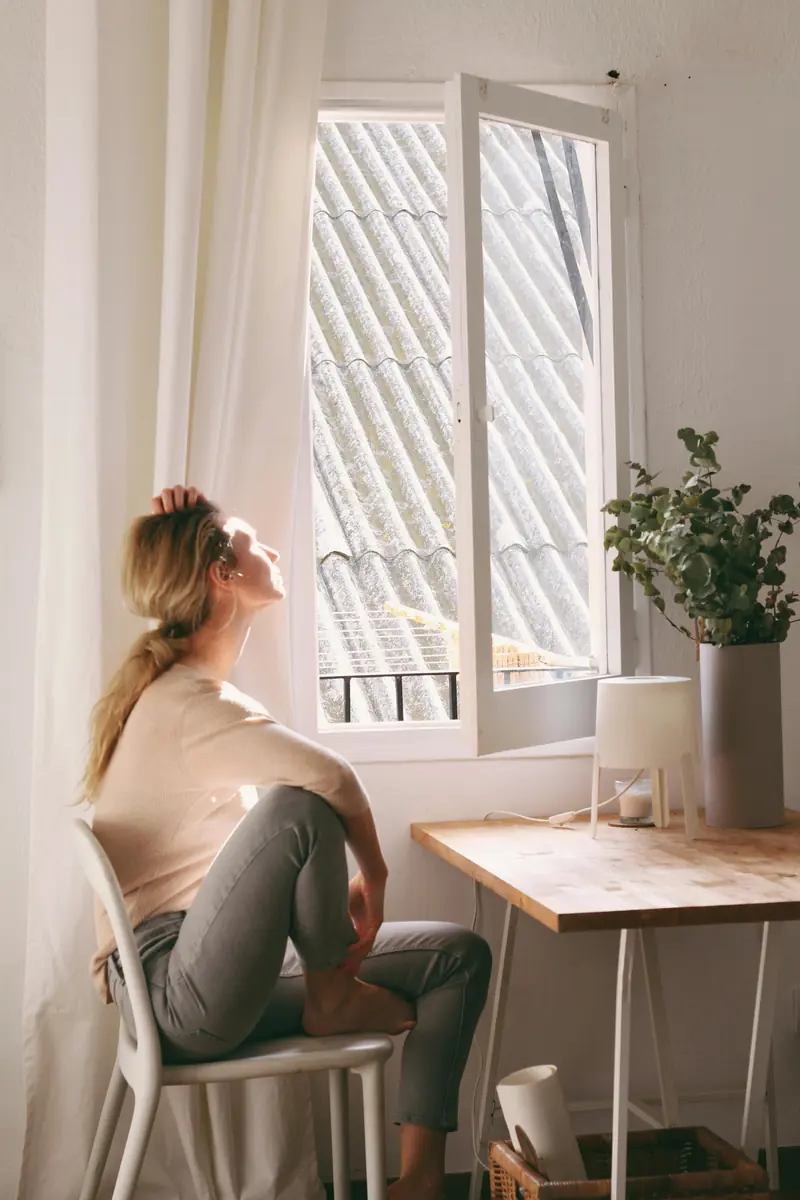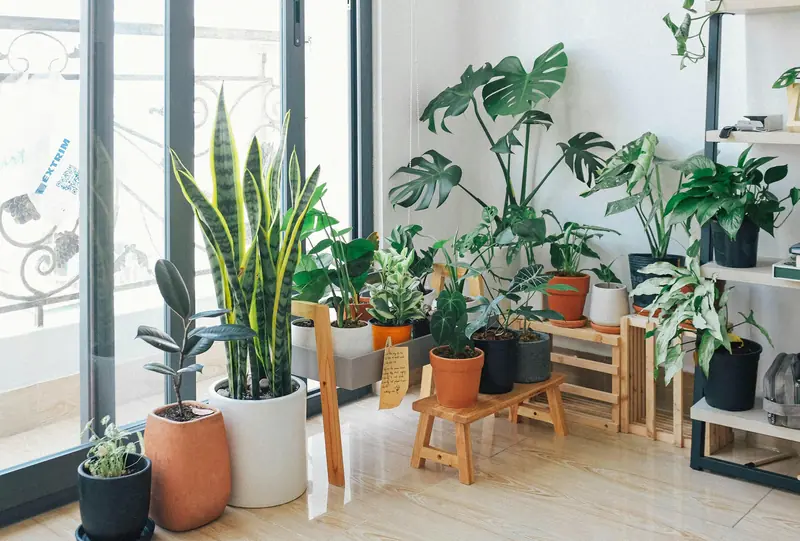
When it’s cold outside, there’s a temptation to “hunker down” at home and do everything possible to stop the precious heat from escaping.
However, it’s important to remember that indoor air pollution is particularly severe during this time of year. Experts indicate that the air inside homes in winter is three times dirtier than the air outside.
One of the main sources of indoor air pollution is volatile organic compounds (VOCs). These are chemicals that leach out from cleaning products, paints, and furniture. They linger in the air, and we end up inhaling them, putting our health at risk.
If a house is poorly ventilated, there’s also a risk of mold growth. Mold releases compounds into the air that can lead to respiratory infections, allergies, and asthma.

If you have pets at home, a quality ventilation system is essential. Pet dander can also trigger allergic reactions, warns the Daily Mail.
Another risk factor is a wood-burning stove. Even if such a heating system is modern, it emits a significant amount of fine carbon particles and resin, commonly referred to as PM (particulate matter). These particles can enter our lungs, causing inflammation. Moreover, they can penetrate the brain, increasing the risk of developing dementia.
Experts have outlined several simple, regular actions that can help make the air in your home cleaner.
Open the windows (if your home isn’t near a busy road)
Opening windows, even in winter, is generally a good idea—provided there isn’t heavy traffic nearby. Otherwise, this “air cleansing” can be counterproductive.

Use the exhaust fan while cooking
Make sure to do this regardless of what you’re cooking or how long it takes. It’s actually a more effective way to eliminate kitchen smoke than simply opening windows.
Avoid air fresheners and scented candles
Experts advise against using synthetic air fresheners and scented candles. They release a lot of volatile organic compounds that can irritate the eyes, nose, and throat, and they are especially dangerous for people with asthma.
Invest in a dehumidifier
Harmful dampness and mold often arise in apartments during winter due to condensation and lack of ventilation. If your home has high humidity, it’s worth investing in a dehumidifier.
Vacuum carpets and soft surfaces
Carpets, upholstered chairs, and sofas accumulate dust and pet dander. Therefore, it’s important to regularly vacuum these surfaces and clean the floors.
Buy houseplants
Plant leaves absorb airborne pollutants, and microbes in the soil break them down. It’s best to choose hardy, succulent varieties, advises Tijana Blanus, a leading specialist at the Royal Horticultural Society in the UK. Houseplants are not only the most accessible way to purify indoor air, but they also help moisturize your skin during the cold months.


